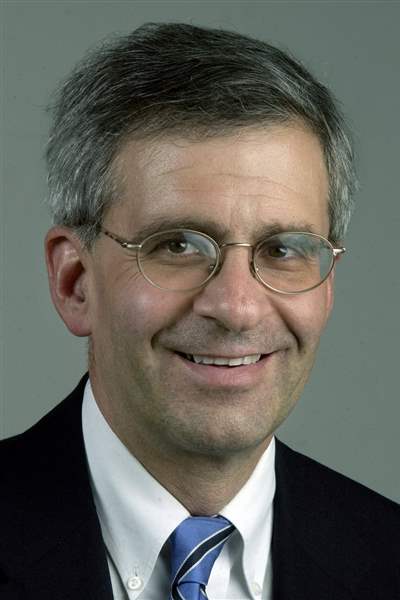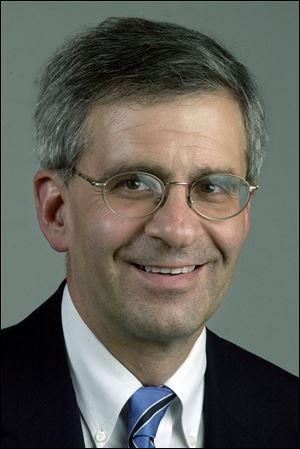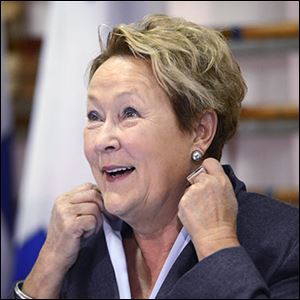
COMMENTARY
Quebec separatist movement is rumbling again
3/23/2014
Shribman

Shribman
MONTREAL — Here are two issues in this city’s conversation, one reflecting the culture, the other altering the culture:
Allowing bars to remain open until 6 a.m. Separating Quebec from Canada.
We can linger on the question of a 22-hour drinking period — under this notion the bars would be closed only between 6 and 8 in the morning — another time. The real question of the day is whether, in an era when Crimea and Scotland are holding referenda on nationhood, a ballot to determine whether Quebec secedes from Canada is consistent with the zeitgeist of the times.
Readers on the American side of the 49th parallel may be pardoned if they thought that Quebec separatism — or, put another way, the continued territorial and cultural integrity of Canada — was settled. The question has been voted upon twice in a generation, rejected soundly once (1980) and very narrowly the second time (1995).
It might be appropriate to say that the issue is back like a bad penny, except that Canada began phasing out its penny a year and a half ago. But it is back, and along with the talk about Quebec nationhood is renewed talk about a flood of English-speaking Canadians — “the next glug of the brain drain,” as the Montreal Gazette put it — out of what is arguably the most interesting city in North America.
Quebec Premier Pauline Marois isn’t saying that she’ll press for another referendum on Quebec’s status if her separatist Parti Quebecois wins a majority in next month’s voting. But almost everybody thinks she will.
And in the course of campaigning this month, she has suggested that an independent Quebec might continue to use the Canadian dollar but have its own passport. She’d like a seat on the governing council of the Bank of Canada too, but that might not be Quebec’s to claim.
The French-language newspaper Le Devoir published a poll showing that 37 percent of Quebec voters supported the separatist party and 37 percent supported the Liberals, who oppose an independent Quebec.
The political calculus was upended this month when Quebec’s most prominent, and surely its most controversial, business executive, media mogul Pierre Karl Peladeau, proclaimed that he wanted his children to grow up in a separate French country. In a dramatic press conference, he entered the legislative campaign as a Parti Quebecois candidate and — he’s not saying so but almost everyone else is — sought to establish himself as the presumptive first president of a presumptive independent Quebec.

Marois
This raises many questions: Why should Quebec abandon Canada when Canadian taxpayers pour more money into the province than Ottawa extracts from taxes? Would an independent Quebec own the airports, the St. Lawrence Seaway facilities, and other federal properties inside its borders?
Would international treaties ratified by Canada apply to an independent Quebec? Would other nations, especially the United States, recognize an independent Quebec?
Meanwhile, other vital questions go begging. Quebec’s unemployment rate rose to 7.8 percent last month, up from 7.5 percent in January. A poll commissioned by Toronto’s Globe and Mail newspaper found that 85 percent of Quebeckers want to hear more about the economy and job creation, with 69 percent wanting to hear less about Quebec sovereignty.
The nation-building of an earlier time, particularly during the 19th century in Italy and Germany, was prompted by centripetal forces that brought peoples together. The nation-building of our time, especially in the former Czechoslovakia, Spain, Belgium, Quebec, and Crimea, is produced by centrifugal forces that pull people apart.
It is not only Quebec that is debating the future of the province in Canada. A great many Canadians elsewhere, weary of this fight, are debating it as well.
Throughout this winter, there has been a lot of heated national self-consciousness going around. It’s enough to make you wish the bars were open until 6 a.m.
David Shribman is executive editor of the Pittsburgh Post-Gazette.